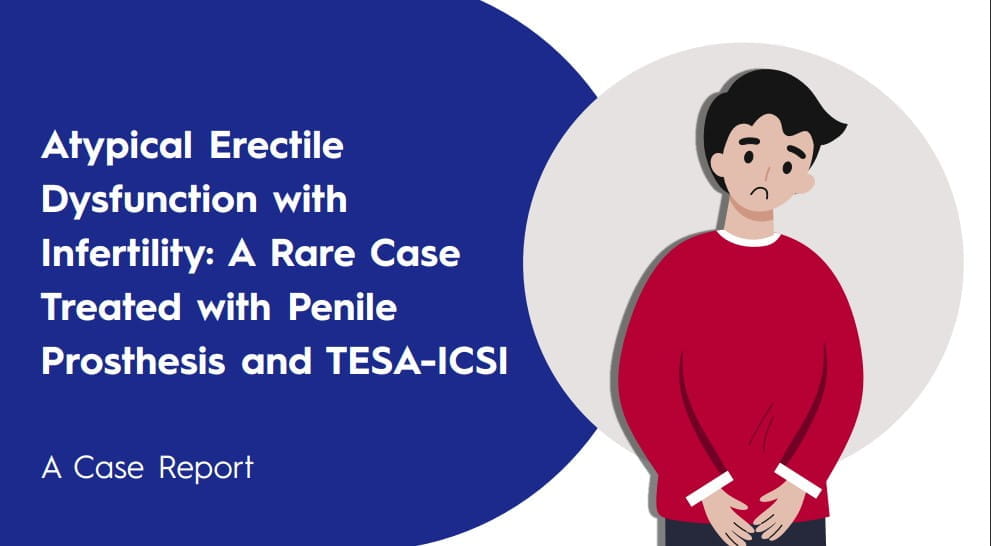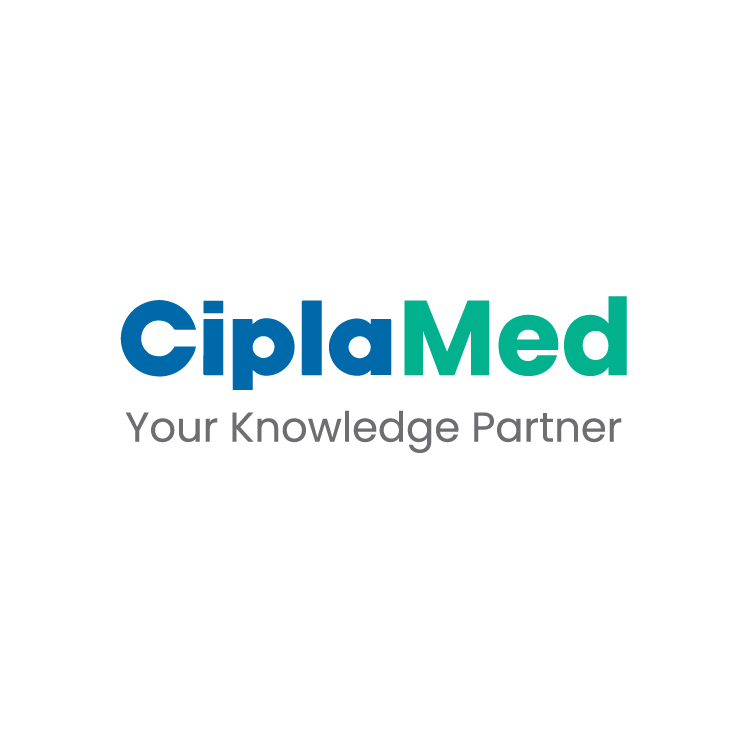ESHRE 2025: Clinical Evaluation of an Artificial Intelligence (AI) Model for Rare Sperm Detection in Testis Biopsies and Azoospermic Semen for ICSI
Study Question: Can an AI-based image detection tool improve the speed and accuracy of identifying rare sperm in testicular biopsies and azoospermic semen for ICSI?
Summary Answer: AI-assisted sperm detection significantly reduced the time to locate viable sperm and helped embryologists find more sperm, improving workflow efficiency and potentially influencing ICSI outcomes.
What Is Known Already:
Non-obstructive azoospermia (NOA) is a challenging cause of male infertility. Sperm isolation from testicular or ejaculate samples is labor-intensive and fatiguing for embryologists. AI image analysis offers a novel solution to streamline sperm detection, a task that has otherwise remained manual and time-consuming for decades.
Study Design, Size, Duration:
- Multi-site pilot clinical study
- Conducted over 12 months
- Side-by-side comparison of sperm search with and without AI assistance
- Included 22 azoospermic patients undergoing surgical or extended ejaculate sperm retrieval
- Embryologists used a live-camera AI detection tool adjacent to an ICSI microscope
- Time per sperm and per dish, number of viable sperm found, and subsequent embryology outcomes were recorded
- Both AI-found and manually found sperm were used for ICSI in the same patient
Main Results:
- Time per sperm found:
- AI: 2.8 ± 1.7 min
- Manual: 7.5 ± 4.0 min (p = 0.0025)
- Time per dish:
- AI: 21.8 ± 8.6 min
- Manual: 35.7 ± 16.0 min (p < 0.0001)
- Number of sperm found:
- AI: 4.4 ± 1.4
- Manual: 2.5 ± 0.8 (not statistically significant, p = 0.25)
- In 3 cases, embryos and live births resulted only from AI-identified sperm
Limitations:
- Pilot nature, small sample size
- Tool under optimization
- Sperm selected for ICSI were based on quality, not method of detection
- Larger studies are needed across diverse patient groups
Wider Implications: This study suggests AI-powered tools could reduce sperm detection time by >50%, ease embryologists’ workload, improve ICSI logistics, and potentially increase patient success rates. Future research may lead to routine integration of AI in andrology and IVF labs.
ESHRE 2025, June 29 - July 2, Paris




